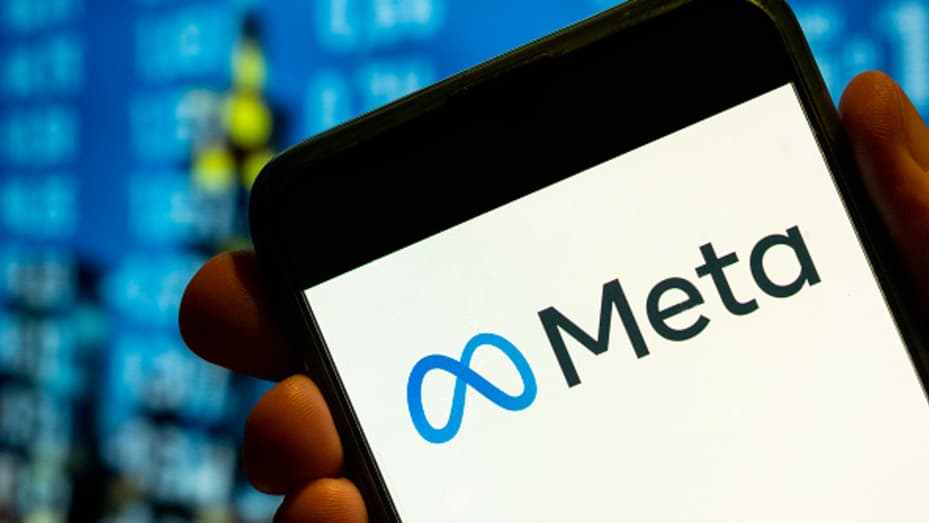Meta to launch commercial AI tools to take on OpenAI’s ChatGPT and Google’s Bard; report

Just a day after Elon Musk announced the launch of his new AI company called xAI to “understand the true nature of the universe,” the Financial Times (FT) reported that Meta is working on a commercial version of its AI model that will be more widely available and can be customized by companies.
The report comes just five months after Meta announced it was launching its AI language model called LLaMA to help researchers researchers, government, civil society and academic organizations, and industry research. LLaMA is designed to generate text and conversations, summarize written material, and perform complicated tasks like solving math theorems or predicting protein structures. In a Facebook post, Meta said:
“We introduce LLaMA, a collection of foundation language models ranging from 7B to 65B parameters. We train our models on trillions of tokens, and show that it is possible to train state-of-the-art models using publicly available datasets exclusively, without resorting to proprietary and inaccessible datasets. In particular, LLaMA-13B outperforms GPT-3 (175B) on most benchmarks, and LLaMA-65B is competitive with the best models, Chinchilla70B and PaLM-540B. We release all our models to the research community.”
Meanwhile, the report, which included details from sources close to Meta, added that although the company released its own large language mode (LLM) for researchers and academics called LLaMa earlier this year, the forthcoming version will cater to a broader audience, enabling customization for various companies.
Seeing the success of ChatGPT, Meta has been trying to establish itself as a strong contender in the AI industry, directly pitching itself against OpenAI, supported by Microsoft, and Google, the reigning market leaders.
“The goal is to diminish the current dominance of OpenAI,” the FT’s source, who reported to have knowledge of high-level strategy at Meta, said in a statement.
The introduction of the commercial edition of LLaMa will empower startups and businesses to leverage Meta’s underlying AI technology and develop tailored software and applications.
Currently, all of Meta’s models are freely available and open-source. Nevertheless, according to two sources cited by the Financial Times, the company has been exploring the possibility of a paid version targeted at enterprise customers. However, this paid version is not anticipated to be included in the upcoming release.
The source also told The Financial Times that the launch of the commercial version is expected to happen very soon.
In addition, Meta has adopted an open-source approach for its LLM models, making the operational details of the system accessible to the public. This differs from Meta’s competitors such as OpenAI, which keeps its code proprietary and restricted from third-party access.
“Meta realized they were behind on the current AI hype cycle, and this gives them a way to open up the ecosystem and seem like they are doing the right thing, being charitable and giving back to the community,” FT’s source added.

